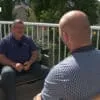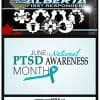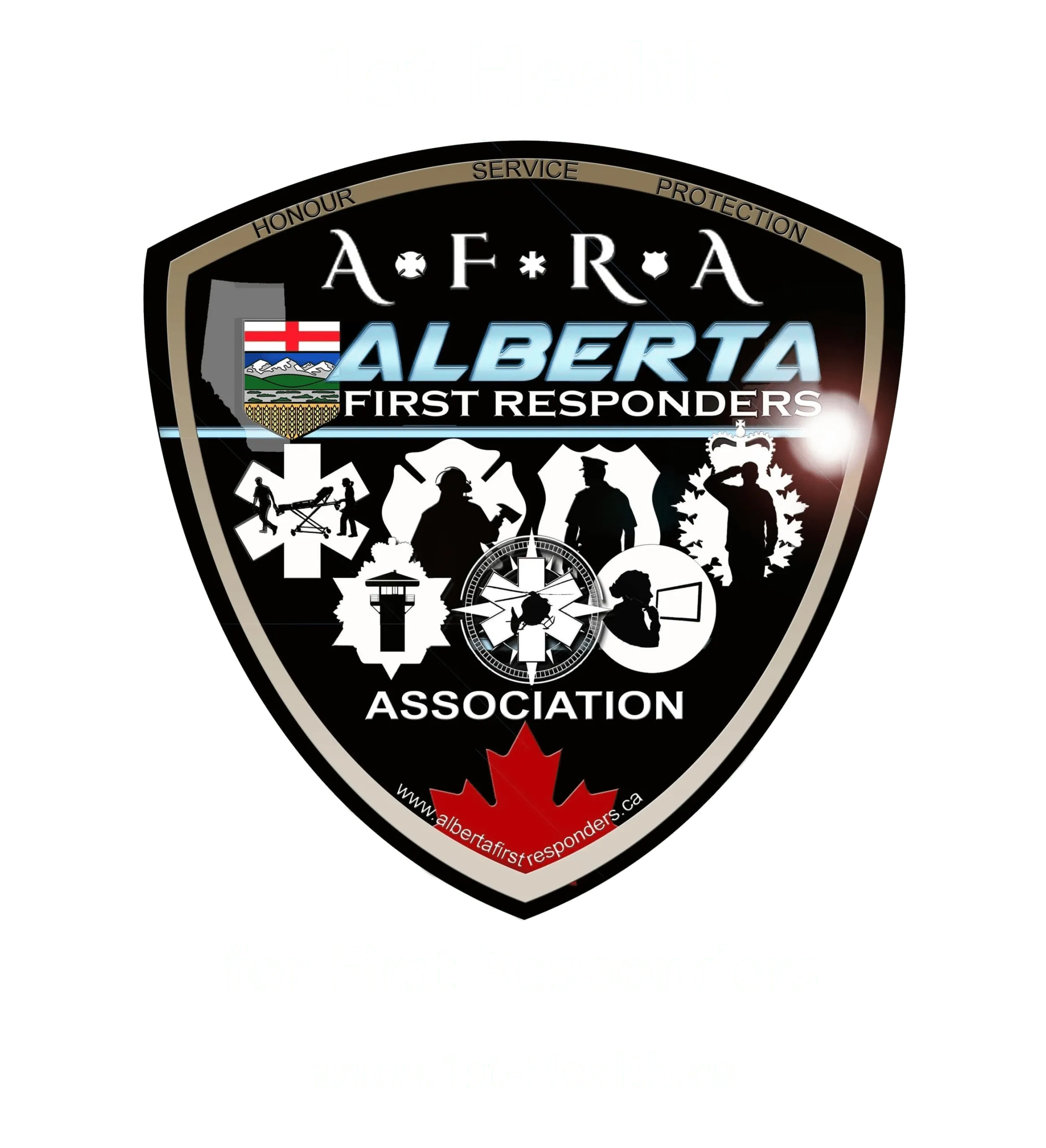Phase 2: Building Your Personalized Health Plan
- Synthesize Knowledge & Identify Priorities:
- Based on your module engagement, identify your primary health priorities (e.g., stress management, sleep improvement, physical activity, seeking peer support). The goal is to give you the knowledge and insights to build a Health Plan that works for you.
- Select Relevant Strategies & Resources:
- Revisit specific modules that align with your identified priorities (e.g., “Mindfulness & Self-Care,” “Nutrition & Physical Activity,” “Sleep Hygiene”).
- From these modules, choose concrete strategies and techniques that you can implement immediately.
- Consider integrating elements from a holistic health framework.
- Incorporate Support Systems:
- Peer Support: Engage with the “Peer Support & Seeking Help” module. Understand how to connect with and leverage peer support.
- Family Integration: Review the “Family Integration” module. Consider how to involve your family in your health plan, recognizing their role as a vital support system.
- Organizational Support: Utilize the “Navigating Organizational Support” module. Understand available resources from your organization and how they are designed to be accessible and non-burdensome.
- Action Planning & Implementation:
- Define Actionable Steps: Translate chosen strategies into specific, measurable, achievable, relevant, and time-bound (SMART) actions for yourself.
- Schedule & Integrate: Incorporate these actions into your daily or weekly schedule, fitting them into your demanding life.
Utilize Additional Resources: Use easily accessible resource tools like guided meditations, journaling, or crisis resources (if applicable) to support your plan.



